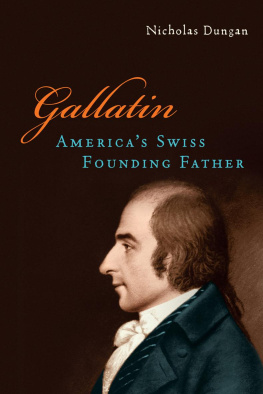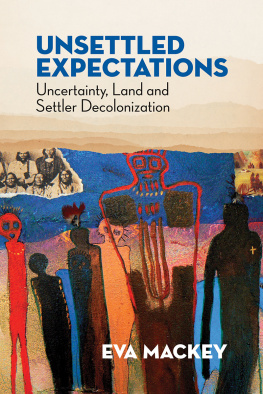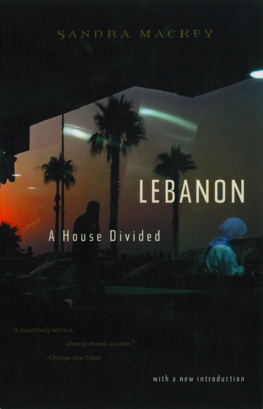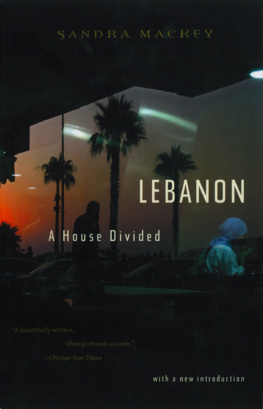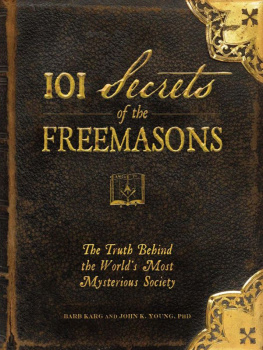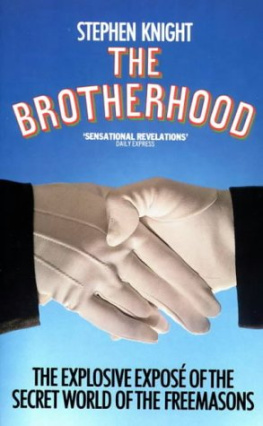Preface.
In presenting to the fraternity a work on the Principles of Masonic Law, it is due to those for whom it is intended, that something should be said of the design with which it has been written, and of the plan on which it has been composed. It is not pretended to present to the craft an encyclopedia of jurisprudence, in which every question that can possibly arise, in the transactions of a Lodge, is decided with an especial reference to its particular circumstances. Were the accomplishment of such an herculean task possible, except after years of intense and unremitting labor, the unwieldy size of the book produced, and the heterogeneous nature of its contents, so far from inviting, would rather tend to distract attention, and the object of communicating a knowledge of the Principles of Masonic Law, would be lost in the tedious collation of precedents, arranged without scientific system, and enunciated without explanation.
When I first contemplated the composition of a work on this subject, a distinguished friend and Brother, whose opinion I much respect, and with whose advice I am always anxious to comply, unless for the most satisfactory reasons, suggested the expediency of collecting the decisions of all Grand Masters, Grand Lodges, and other masonic authorities upon every subject of Masonic Law, and of presenting them, without commentary, to the fraternity.
But a brief examination of this method, led me to perceive that I would be thus constructing simply a digest of decrees, many of which would probably be the results of inexperience, of prejudice, or of erroneous views of the masonic system, and from which the authors themselves have, in repeated instances, subsequently recededfor Grand Masters and Grand Lodges, although entitled to great respect, are not infallibleand I could not, conscientiously, have consented to assist, without any qualifying remark, in the extension and perpetuation of edicts and opinions, which, however high the authority from which they emanated, I did not believe to be in accordance with the principles of Masonic jurisprudence.
Another inconvenience which would have attended the adoption of such a method is, that the decisions of different Grand Lodges and Grand Masters are sometimes entirely contradictory on the same points of Masonic Law. The decree of one jurisdiction, on any particular question, will often be found at variance with that of another, while a third will differ from both. The consultor of a work, embracing within its pages such distracting judgments, unexplained by commentary, would be in doubt as to which decision he should adopt, so that coming to the inspection with the desire of solving a legal question, he would be constrained to close the volume, in utter despair of extracting truth or information from so confused a mass of contradictions.
This plan I therefore at once abandoned. But knowing that the jurisprudence of Masonry is founded, like all legal science, on abstract principles, which govern and control its entire system, I deemed it to be a better course to present these principles to my readers in an elementary and methodical treatise, and to develop from them those necessary deductions which reason and common sense would justify.
Hence it is that I have presumed to call this work "The Principles of Masonic Law." It is not a code of enactments, nor a collection of statutes, nor yet a digest of opinions; but simply an elementary treatise, intended to enable every one who consults it, with competent judgment, and ordinary intelligence, to trace for himself the bearings of the law upon any question which he seeks to investigate, and to form, for himself, a correct opinion upon the merits of any particular case.
Blackstone, whose method of teaching I have endeavored, although I confess "ab longo inter-vallo," to pursue, in speaking of what an academical expounder of the law should do, says:
"He should consider his course as a general map of the law, marking out the shape of the country, its connections, and boundaries, its greater divisions, and principal cities; it is not his business to describe minutely the subordinate limits, or to fix the longitude and latitude of every inconsiderable hamlet."
Such has been the rule that has governed me in the compilation of this work. But in delineating this "general map" of the Masonic Law, I have sought, if I may continue the metaphor, so to define boundaries, and to describe countries, as to give the inspector no difficulty in "locating" (to use an Americanism) any subordinate point. I have treated, it is true, of principles, but I have not altogether lost sight of cases.
There are certain fundamental laws of the Institution, concerning which there never has been any dispute, and which have come down to us with all the sanctions of antiquity, and universal acceptation. In announcing these, I have not always thought it necessary to defend their justice, or to assign a reason for their enactment.
The weight of unanimous authority has, in these instances, been deemed sufficient to entitle them to respect, and to obedience.
But on all other questions, where authority is divided, or where doubts of the correctness of my decision might arise, I have endeavored, by a course of argument as satisfactory as I could command, to assign a reason for my opinions, and to defend and enforce my views, by a reference to the general principles of jurisprudence, and the peculiar character of the masonic system. I ask, and should receive no deference to my own unsupported theoriesas a man, I am, of course, fallibleand may often have decided erroneously. But I do claim for my arguments all the weight and influence of which they may be deemed worthy, after an attentive and unprejudiced examination. To those who may at first be readybecause I do not agree with all their preconceived opinionsto doubt or deny my conclusions, I would say, in the language of Themistocles, "Strike, but hear me."
Whatever may be the verdict passed upon my labors by my Brethren, I trust that some clemency will be extended to the errors into which I may have fallen, for the sake of the object which I have had in view: that, namely, of presenting to the Craft an elementary work, that might enable every Mason to know his rights, and to learn his duties.
The intention was, undoubtedly, a good one. How it has been executed, it is not for me, but for the masonic public to determine.





